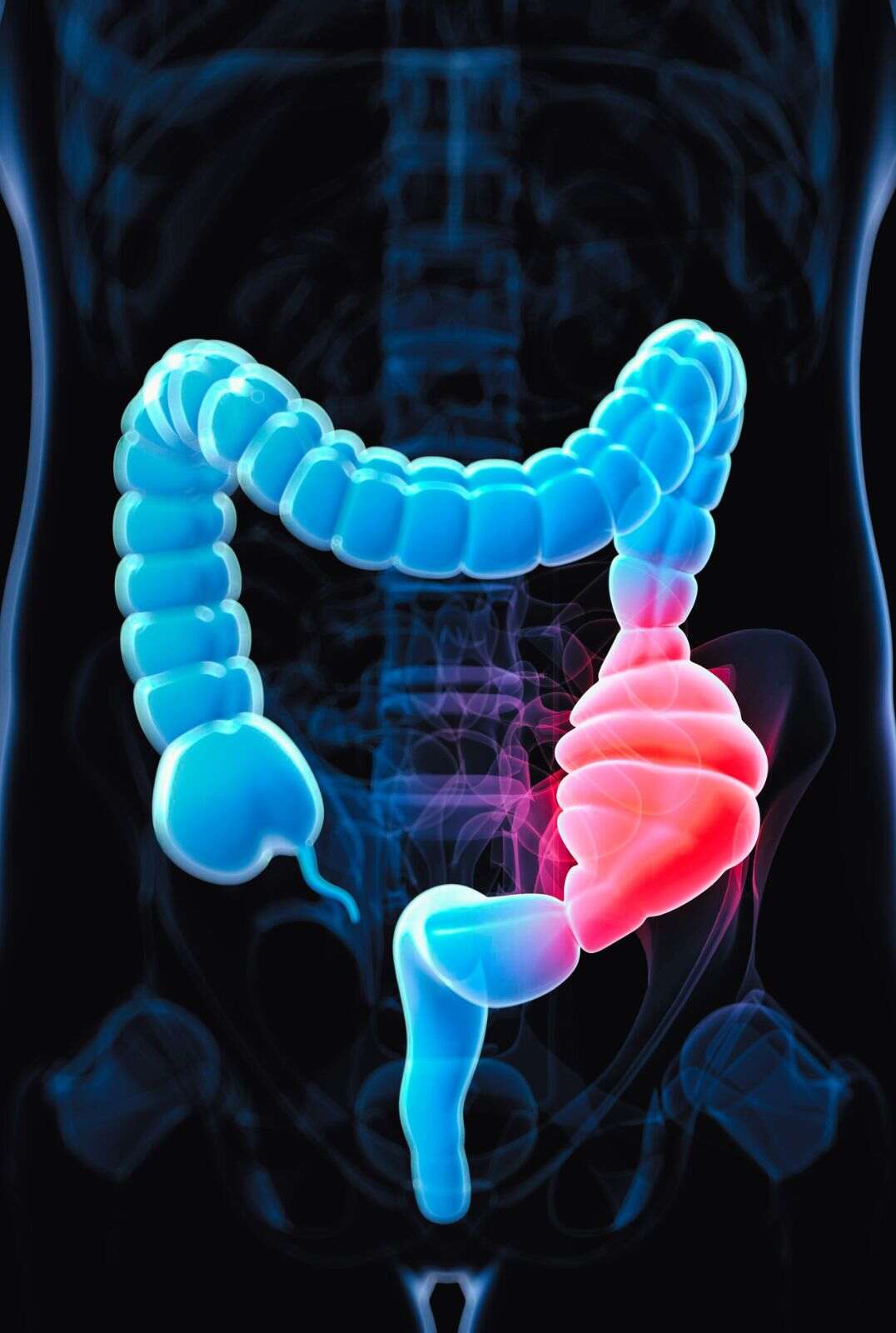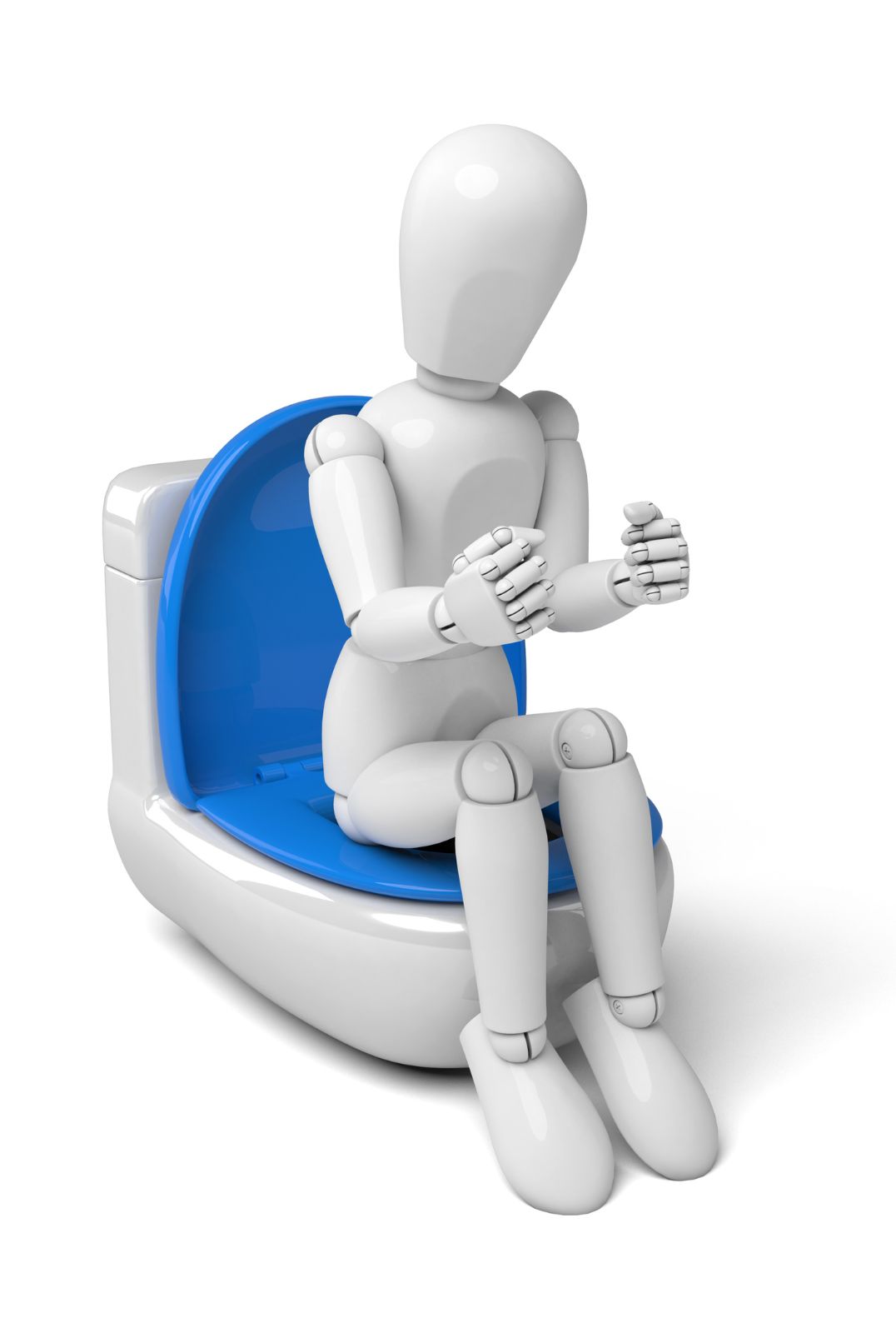Ayurvedic Treatment for Constipation
Niroga Ayurveda Healing ( Ayurveda Chikitsa / Treatments )
What is Constipation?


Why Choose Ayurveda for Constipation?
Ayurveda offers a holistic approach to treating constipation, focusing on balancing the body’s natural processes through diet, lifestyle changes, and herbal remedies. Unlike conventional treatments, Ayurveda aims to address the root cause rather than just the symptoms.
Statistics on Constipation: Hyderabad, India, and Globally
- Hyderabad, India: Approximately 20% of the population experiences chronic constipation.
- Globally: Constipation affects about 14% of the world’s population.
Who is Frequently Affected by Constipation?
- Elderly Individuals: Aging slows down the digestive system.
- Pregnant Women: Hormonal changes and pressure on the intestines.
- Individuals with a Sedentary Lifestyle: Lack of physical activity.
- People on Certain Medications: Some drugs can slow bowel movements.
Common Causes and Aetiology for Constipation
Low Fiber Diet
A diet lacking in fiber can lead to hard stools and infrequent bowel movements. Fiber helps add bulk to the stool and promotes regular bowel movements.
Dehydration
Not drinking enough water can cause stools to become dry and hard, making them difficult to pass. Proper hydration is essential for smooth digestion and bowel movements.


Lack of Physical Activity
A sedentary lifestyle can slow down the digestive system. Regular physical activity helps stimulate intestinal contractions, promoting more regular bowel movements.
Medications (e.g., Painkillers, Antidepressants)
Certain medications, including painkillers and antidepressants, can slow bowel movements and cause constipation as a side effect.
Ignoring the Urge to Have a Bowel Movement
Ignoring the natural urge to defecate can lead to constipation. Over time, this can weaken the muscles of the bowel, making it more difficult to pass stools.
Constipation Symptoms and Signs
Infrequent Bowel Movements (Less Than Three Times a Week)
Having fewer than three bowel movements per week is a common sign of constipation, indicating a slow digestive process.
Hard or Lumpy Stools
Stools that are hard, dry, or lumpy can be difficult to pass, often resulting from a lack of fiber or hydration.
Straining During Bowel Movements
Excessive straining to pass stools is a key symptom of constipation, often caused by hard stools or muscle issues in the digestive tract.


Feeling of Incomplete Evacuation
A persistent sensation that the bowels haven’t been completely emptied after a bowel movement is a common complaint among those with constipation.
Abdominal Pain and Bloating
Constipation can cause discomfort in the abdomen, including pain and bloating, due to the buildup of stool in the intestines.
Diagnosis for Constipation
Diagnosis is typically based on medical history, physical examination, and sometimes additional tests like blood tests, colonoscopy, or anorectal manometry to rule out underlying conditions.
Types of Constipation
- Chronic Idiopathic Constipation (CIC): Long-term constipation with no identifiable cause.
- Irritable Bowel Syndrome with Constipation (IBS-C): A type of IBS where constipation is predominant.
- Functional Constipation: Constipation without an underlying medical condition.
Constipation Prevention
Increase Fiber Intake (Fruits, Vegetables, Whole Grains)
Consuming more fiber from fruits, vegetables, and whole grains helps add bulk to stools and promotes regular bowel movements, preventing constipation.
Stay Hydrated
Drinking plenty of water keeps stools soft and easier to pass, reducing the risk of constipation.
Regular Physical Activity
Engaging in regular exercise stimulates intestinal function, helping to maintain regular bowel movements and prevent constipation.
Respond Promptly to the Urge to Defecate
Heeding the natural urge to have a bowel movement can prevent stool from becoming hard and difficult to pass, reducing the likelihood of constipation.
Maintain a Regular Eating Schedule
Eating meals at consistent times each day helps regulate the digestive system, promoting regular bowel movements and preventing constipation.
Home Remedies for Constipation
- Triphala Powder: A traditional Ayurvedic remedy for digestive health.
- Warm Water: Drinking warm water, especially in the morning.
- Ghee and Milk: Consuming ghee mixed in warm milk before bedtime.
- Aloe Vera Juice: Known for its soothing properties on the digestive tract.
Yoga for Constipation
Pavanamuktasana (Wind-Relieving Pose)
This pose helps release gas and stimulates the digestive system, promoting regular bowel movements.
Ardha Matsyendrasana (Half Spinal Twist)
This twisting pose aids digestion by massaging the internal organs and improving blood flow to the intestines.
Bhujangasana (Cobra Pose)
The gentle backbend in this pose stretches the abdominal muscles and stimulates digestive organs, helping to relieve constipation.
Vajrasana (Thunderbolt Pose)
Sitting in this pose after meals helps improve digestion and can prevent constipation by enhancing the body’s ability to process food effectively.
Detailed Constipation Ayurvedic Treatment Options
- Dietary Modifications: Personalized diet plans rich in fiber.
- Herbal Remedies: Use of natural herbs like Triphala, Senna, and Psyllium Husk.
- Panchakarma Therapy: Detoxification processes including Virechana (purgation therapy) and Basti (medicated enemas).
- Abhyanga: Full body massage with warm oils to stimulate the digestive system.
- Shirodhara: Continuous pouring of warm oil on the forehead to reduce stress.
FAQs
Frequently Asked Questions
What is constipation and how is it diagnosed?
A:Constipation is a condition characterized by infrequent or difficult bowel movements. Diagnosis is based on medical history, physical examination, and sometimes additional tests.
How can Ayurveda help in treating constipation?
A:Ayurveda treats constipation by addressing the root causes through dietary changes, herbal remedies, and detoxification therapies.
What are the common causes of constipation?
A:Common causes include low fiber diet, dehydration, lack of physical activity, and certain medications.
Are there any effective home remedies for constipation?
A:Yes, home remedies like Triphala powder, warm water, ghee with milk, and Aloe Vera juice are effective in managing constipation.
What types of constipation are there?
A:There are several types including Chronic Idiopathic Constipation (CIC), Irritable Bowel Syndrome with Constipation (IBS-C), and Functional Constipation.
Fill out this form for booking online.
Appointment
Book An Appointment
Make sure to note down the appointment date, time, and location provided by the clinic. Set reminders on your calendar or set an alarm to ensure you are punctual and do not miss your appointment.
Customer Service
+91 84668 82266
WhatsApp Now
+91 84668 82266
Subscribe Now
SaiAyush Ayurveda

